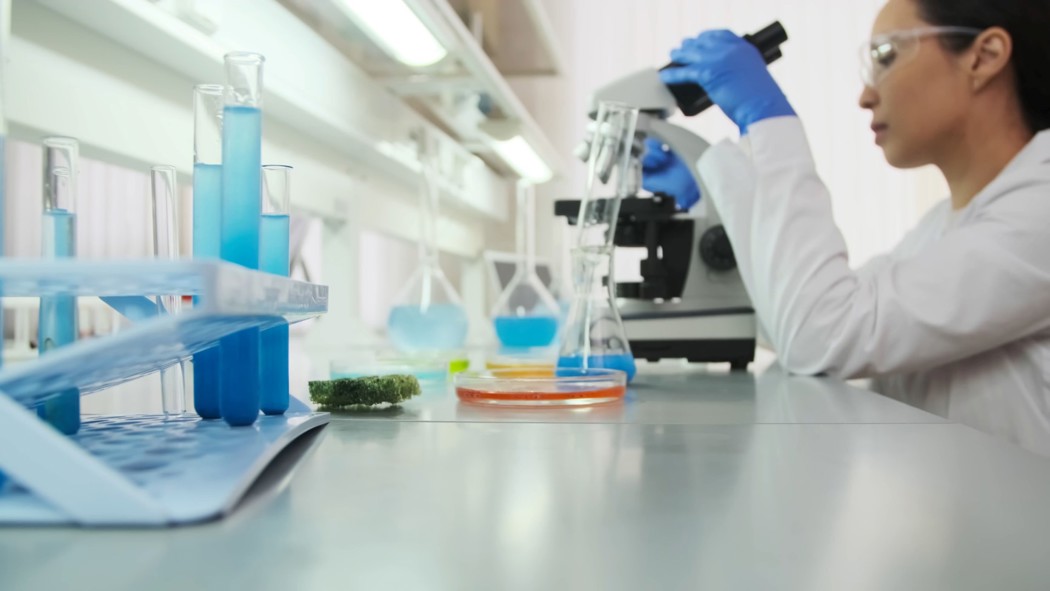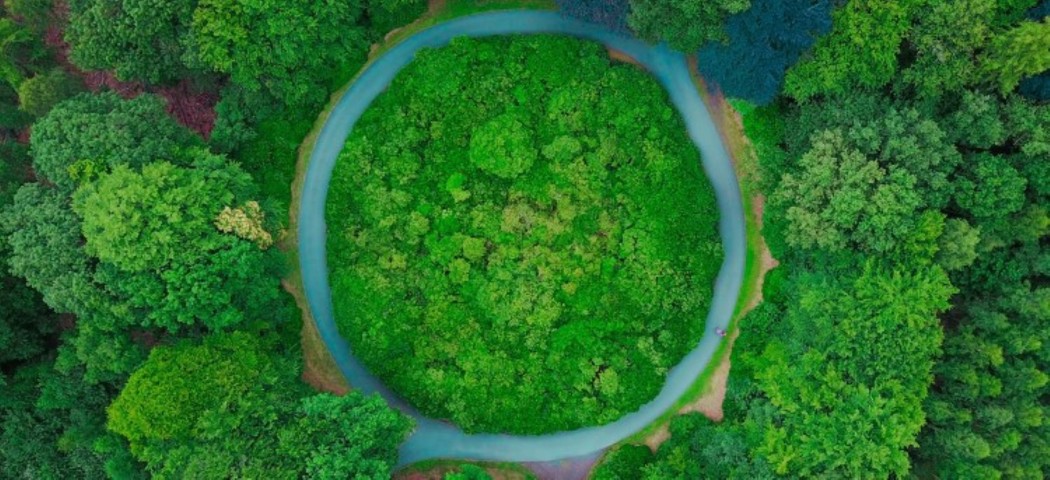
Science-based targets
Skretting, as part of Nutreco, has joined the global ranks of 850 other leading companies by signing a letter of commitment with the Science Based Targets Initiative (SBTI), indicating that we will work to set a science-based carbon emission reduction target. A global collaboration between CDP, the World Resources Institute, World Wide Fund for Nature and the United Nations Global Compact, the SBTI champions science-based target setting to boost companies’ competitive advantage in the transition to a low-carbon economy.



